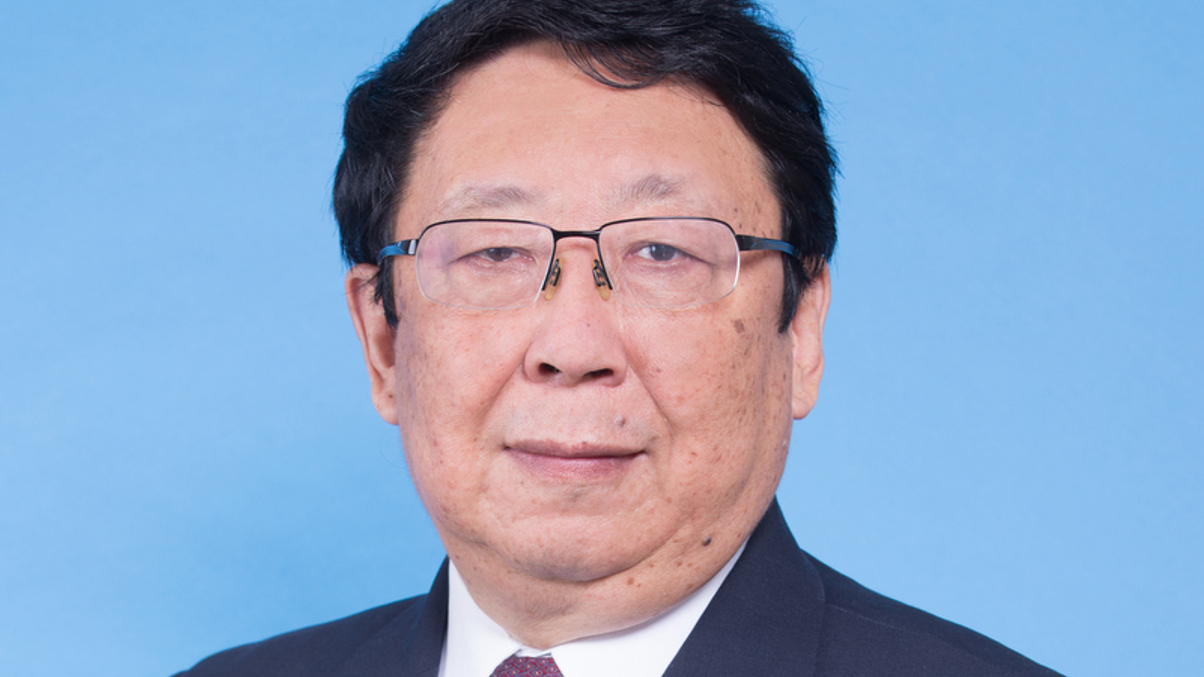UBS AM continues rollout of China strategy
The Swiss fund house has made further progress in building its onshore China business, but has no plans in respect of the Hong Kong-China mutual recognition of funds scheme.

UBS Asset Management has continued the buildout of its China business, with its two Chinese wholly foreign-owned entities (WFOEs) targeting onshore advisory business and its mainland joint venture UBS SDIC securing a Shenzhen QDIE licence. But the Swiss firm does not currently plan to participate in the Hong Kong-China mutual recognition of funds (MRF) scheme.
Sign in to read on!
Registered users get 2 free articles in 30 days.
Subscribers have full unlimited access to AsianInvestor
Not signed up? New users get 2 free articles per month, plus a 7-day unlimited free trial.
¬ Haymarket Media Limited. All rights reserved.


